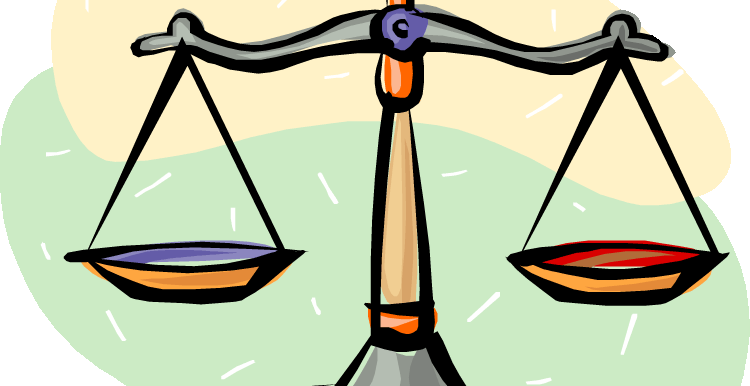Focus on the Agreement is a series of reports broadcast on Radio Tamazuj to explain the contents of the peace deal signed in August 2015 between South Sudan's warring parties.
Today we discuss Chapter 6 of the agreement, which is about the process for creating a permanent constitution. The constitution will be the highest law of the land. It will be a higher law than the government itself and it will include rules for how the government should function.
Chapter 6, Article 1 of the peace agreement is about the principles of the new constitution and how it should be written and adopted, but it does not include details.
These principles include federalism and democracy as well as rule of law and human rights. However, the peace agreement does not define 'federalism', which has been a matter of debate between different parties in South Sudan, including those who want a powerful central government and others who want power devolved.
According to the peace agreement, the constitution should promote the participation of the people in the governance of the country through democratic, free and fair elections. The resources and powers of government should be devolved to states and counties, not held by the national government alone.
The constitution should include measures to respect ethnic diversity and community rights. The communities will have the right to preserve their history, language and culture and identity.
The constitution should also create mechanisms for resolving conflicts peacefully through dialogue, tolerance, accomodation and respect for others opinions.
These are the principles that the parties agreed should be the basis for the new constitution.
Chapter 6, Articles 2 through 10 are about the process of writing the permanent constitution. The constitution should be completed within 18 months of the signing of the peace agreement. It must be in place in order to guide the elections toward the end of the transitional period.
The key body responsible for this constitution is the National Constitution Review Commission appointed by Salva Kiir. This body will present a draft constitution text to the Executive, which will then present the draft to the National Constitutional Conference. This conference will be responsible for adopting the text presented by the government.
The peace agreement says that the existing National Constitutional Review Commission must be reformed. Representatives of political parties, faith-based groups, women's bloc, youth and ethnic minorities must be allowed to participate, among others.
Read also our previous 'Explaining S Sudan's peace deal' (25): How will victims be compensated?




